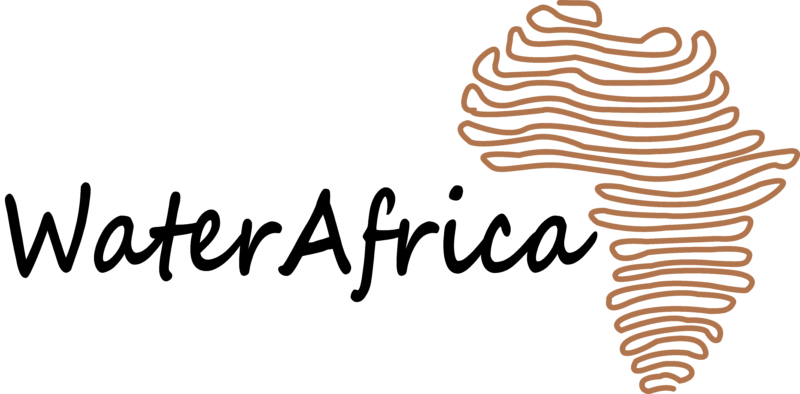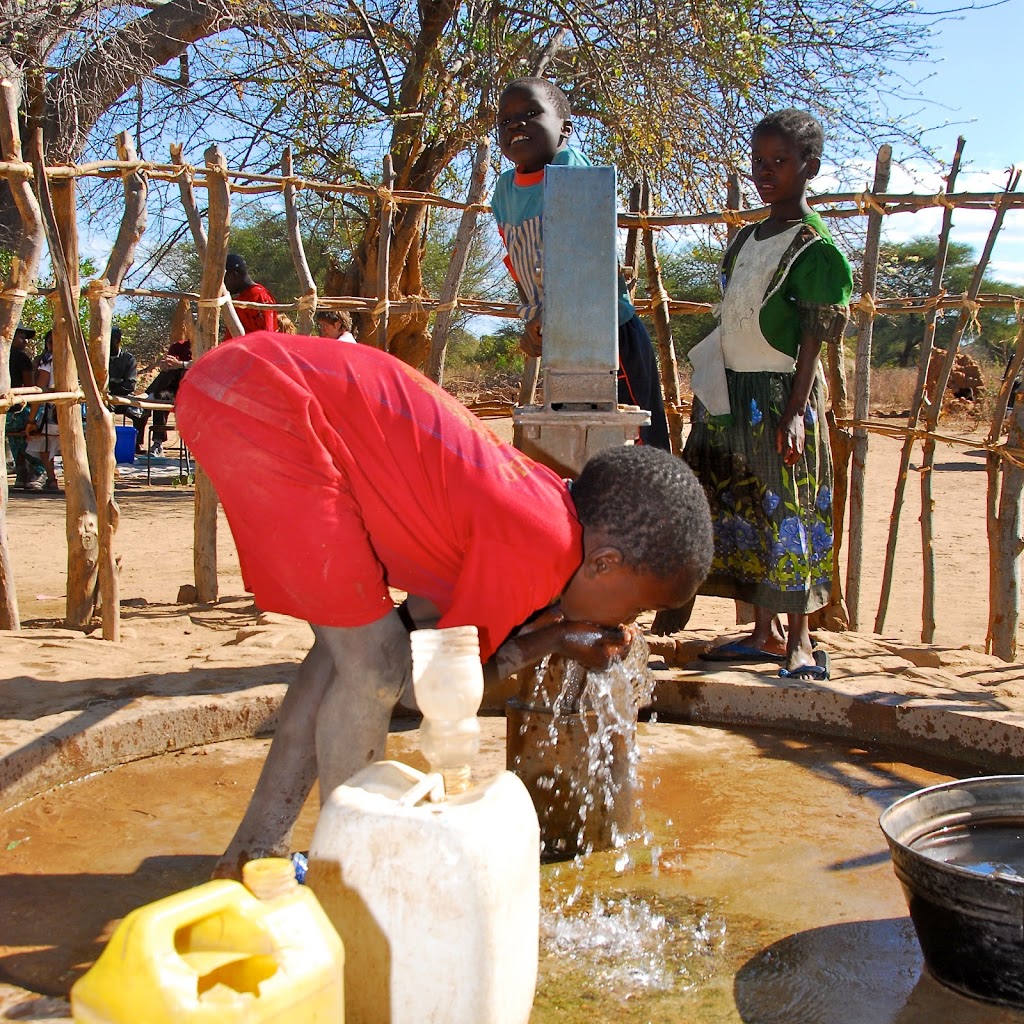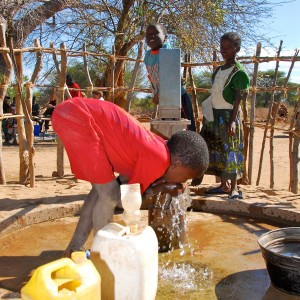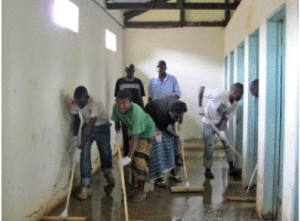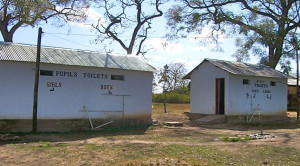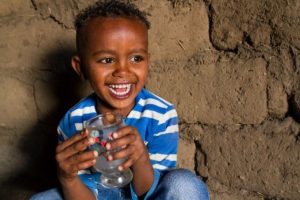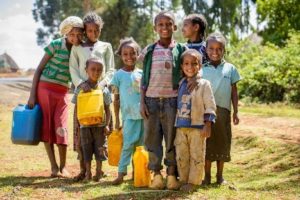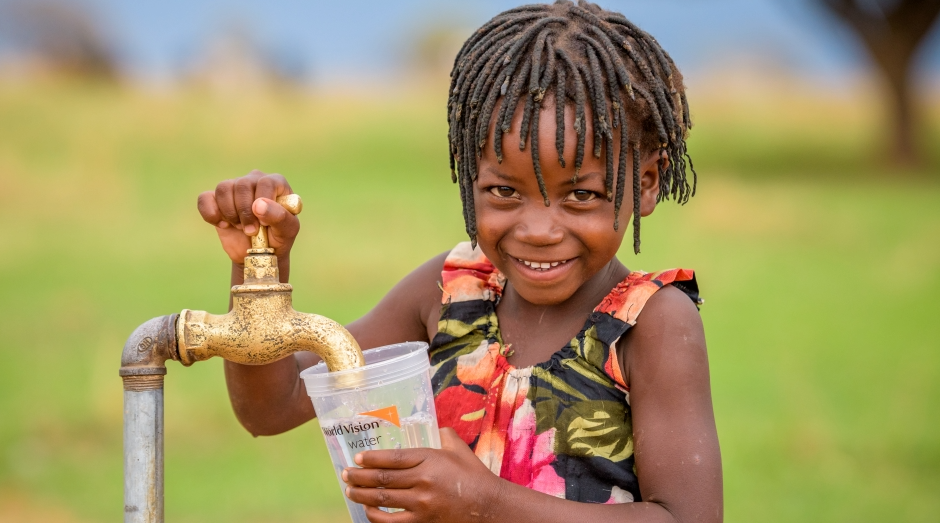WaterAfrica’s work to bring Water, Sanitation & Hygiene (WASH) resources to villagers in Africa is inspired by images of happy children drinking clean fresh water from pumps. We like to see the pictures of drill rigs at work in the field.
We know this means women and girls will not have to use their time walking to unsafe water sources. We know it opens up economic opportunities for the community. We know it prevents deadly and debilitating sickness. We know it improves the likelihood that girls will have time to pursue education.
One of the reasons WaterAfrica chose World Vision for our partner in the field is because of their comprehensive response to the needs. Providing water alone does not achieve the results listed above. Sanitation & Hygiene resources and training are also necessary.
Two years ago a WaterAfrica team visited Hamaundu ADP (a World Vision “Area Development Program”) in southern Zambia. We visited Jembo High School.
World Vision Zambia recently sent us a report about the Sanitation & Hygiene training happening at Jembo High School. Here is an excerpt from that report:
The ZWASH program emphasizes not only clean water for communities, but also high standards of hygiene and sanitation in these communities to ensure that people, especially children are not in danger of falling ill because of poor hygiene. Hamaundu ADP did just this at one of the high schools where students took part in cleaning the school’s restroom areas.
An important aim of this task was the expectation that the students would be able to take back home what they learned at school and adopt this as part of their daily hygiene practice. Jembo High School was one of these schools chosen for this important lesson. The school has a population of 495 students, of which 225 are boys and 270 are girls.
The school has 16 pit latrines, and the World Vision staff felt it was important to teach the important lessons that clean toilets are necessary for the student’s good health. Teachers and community workers, called hygiene promoters, participated in cleaning the toilets with the message that thereafter, the students would take ownership of looking after the facilities.
Petros Chizyuka, a hygiene promoter said, “Personal hygiene can help reduce incidents of disease such as diarrhea which is a common occurrence around here.” He also expressed his appreciation, “We thank World Vision for this initiative which can help save lives. We know that these students will become ambassadors of good standards of hygiene in their villages, because they have participated in cleaning the toilets here at the school, and so they will want to take this message to their home.”
Grade nine student Marks Mudenda had this to say: “What I have learned from this is that hygiene is part of our everyday life and we have to start practicing from school. I am so grateful for the people who came here to help us understand that for us to be healthy and strong, we need to have clean surroundings. I will tell my mother about all that I have been taught.
WaterAfrica hasn’t used pictures of toilets and hand washing solutions on our donor thank you cards. But perhaps we should. WASH means Sanitation and Hygiene too.
Good WASH changes lives.
